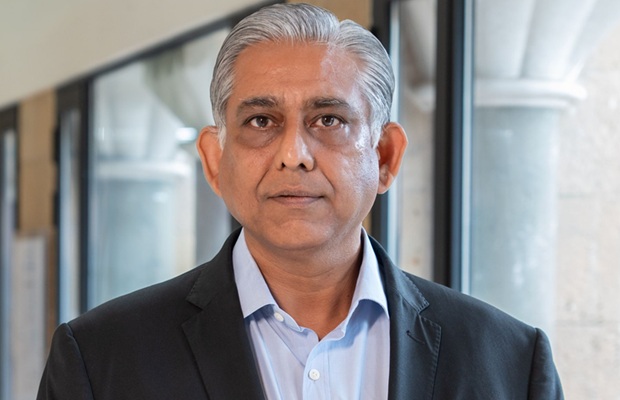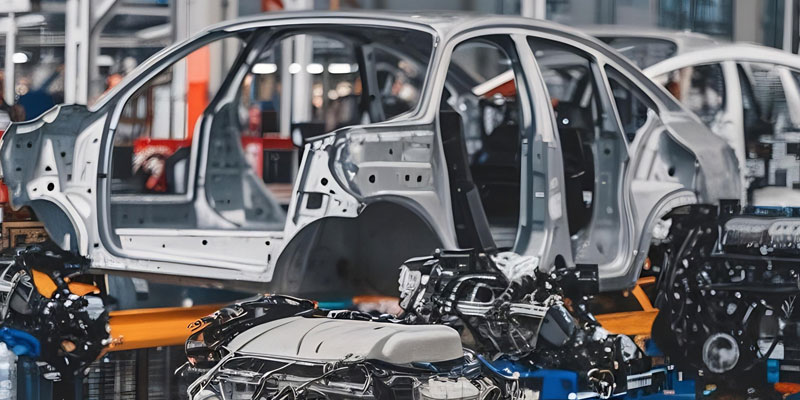Schedule a Call Back
Green growth is the future of manufacturing
 Articles
Articles- Mar 01,19

Related Stories

Digitisation strengthens our quality management: Anand Mishra
In this interview, Anand Mishra, Vice President – QMS & ESG, Ghodawat Consumer Ltd, discusses how integrated quality systems and sustainability-driven innovation are strengthening GCL’s FMCG lea..
Read more
Continental boosts sustainable tyre production with recycled cooking oil rubber
Continental is expanding renewable and recycled inputs in tyre manufacturing, including synthetic rubber from used cooking oil, circular resins, and biocircular additives, aiming for 40 per cent use..
Read more
Campa Cola to set up Rs 10 billion bottling plant in Bihar
The project will span 35 acres, and the land has already been allotted to EPIC Agro Product Ltd, the company producing and distributing Campa Cola, as confirmed by Bihar Industrial Area Development ..
Read moreRelated Products
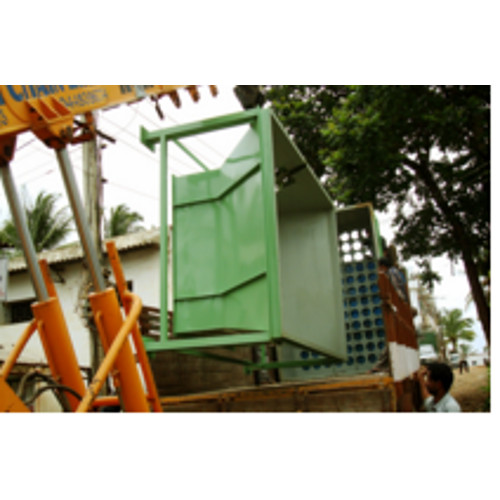
Unit Dust Collectors
Air On Systems offers Unit Dust Collectors. Air-On Systems, Bengaluru provide a wide assortment of Dust Extraction System Centrifugal Blowers. The range of Dust Extraction Blowers comprises of diff Read more
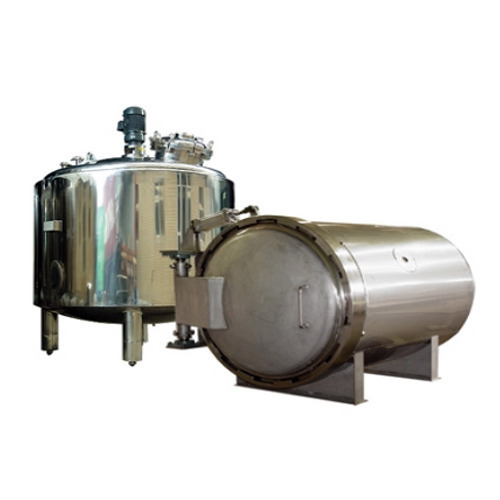
Industrial Pressure Vessel
Sadhika Engineering Works offers Industrial Pressure Vessel. They have tied-up with certified vendors who assure us about the quality of the material that they used for product manufacturing. Thus, Read more
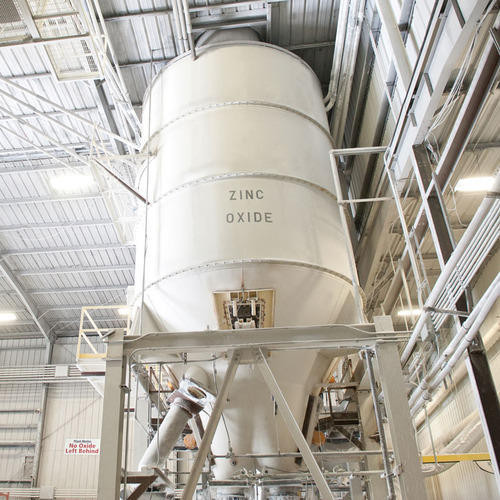
Zinc Oxide Plant
Sadhika Engineering Works offers Zinc Oxide Plant. In order to attain maximum client satisfaction, they check the product quality on several counts at several stages. The range, they offer, is stri Read more





